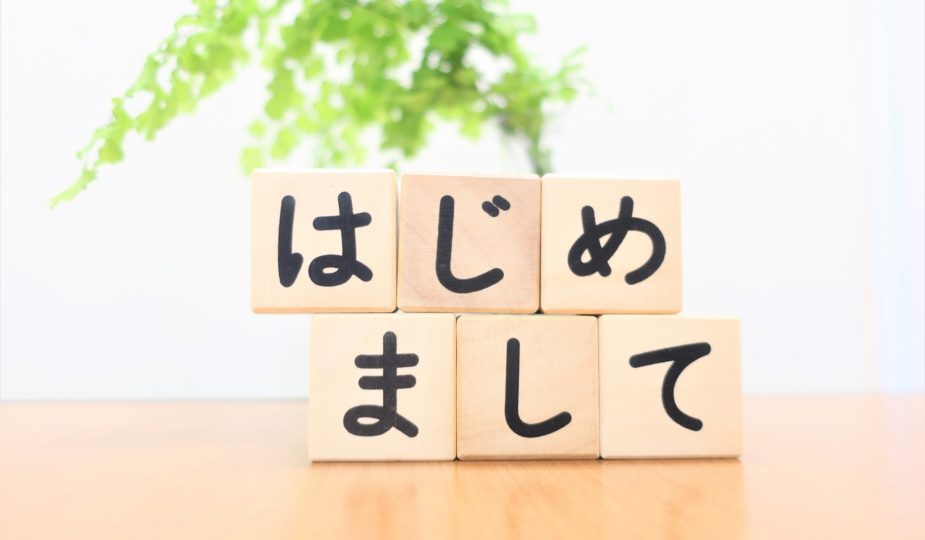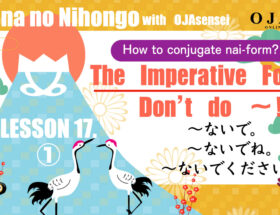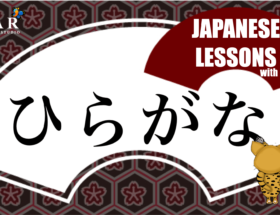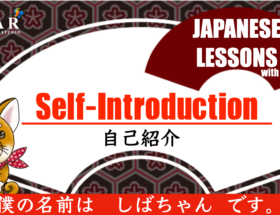Hi, I’m ojachan:)
I was a cram school teacher in Japan. I taught Japanese from elementary to junior high school students. Don’t you want to know how to learn Japanese like Japanese kids? I’ll teach you who start from beginner’s level Japanese.
Let’s get started!
how to say greetings in Japanese!
CONTENTS
敬語 Keigo
If you want to learn Japanese, you should start to learn “ていねい語teinei-go“. There are 4 types of expressions:
| 普通語 |
|---|
| ふつうご |
| futsuugo |
| 尊敬語 |
|---|
| そんけいご |
| sonkeigo |
| 謙譲語 |
|---|
| けんじょうご |
| kenjyougo |
| 丁寧語 |
|---|
| ていねいご |
| teineigo |
We call them 敬語(けいご)kei-go.
Expressions
We need to use words by the situation or a person who is superior or inferior or equal.ていねい語 is regularly polite expression. We can use it for almost people. So I’ll teach you “ふつう語 Casual expression” for your friends and “ていねい語Polite expression“ for general people basically.
Polite expression : P Casual expression : C
| good morning |
|---|
| P おはようございます |
| C おはよう |
| hello |
|---|
| P こんにちは |
| C こんにちは |
| good evening |
|---|
| P こんばんは |
| C こんばんは |
| good night |
|---|
| P おやすみなさい |
| C おやすみ |
| thank you |
|---|
| P ありがとうございます |
| C ありがとう |
| you’re welcome |
|---|
| P どういたしまして / こちらこそ |
| C どういたしまして / こちらこそ |
as for me, I usually use こちらこそ for superiors and どういたしまして for inferiors and equals.
| goodbye |
|---|
| P さようなら |
| C さようなら |
If you use the word to superiors, I think しつれい します is much better.
| talk to you later / see you soon |
|---|
| P また はなし ましょう/また あい ましょう |
| C またね |
| nice to meet you |
|---|
| P はじめまして / よろしく おねがい します |
| C はじめまして / よろしく おねがい します |
| congratulations |
|---|
| P おめでとうございます |
| C おめでとう |
お疲れ様 otsukare-sama
| ⭐️ good job / see you tomorrow etc.. |
|---|
| P おつかれさまです |
| C おつかれさま |
We frequently use this word though, there is no expression in English actually. Japanese people use the word to show their appreciation for someone’s effort or reward for a great job. It comes from “つかれる to be tired”. So I try to translate into English directly, “Are you tired, aren’t you? You did a great job.”
For example, you can use the word “おつかれさま” instead of saying a great job for their endurance or effort when your talking person has finished the work or club team or his / her school.
And we also use it when your talking person has finished the work “おつかれさま” instead of “see you”.
Okay, that’s all for today!
Let’s try to talk greetings in Japanese to your friends or Japanese people!
Good luck with your Japanese study 🙂
Next Lesson is; CLICK HERE!
Japanese Lesson 3: Japanese Phonics 1 濁音
Previous Lesson is; CLICK HERE!
Japanese Lesson 1: Hiragana










